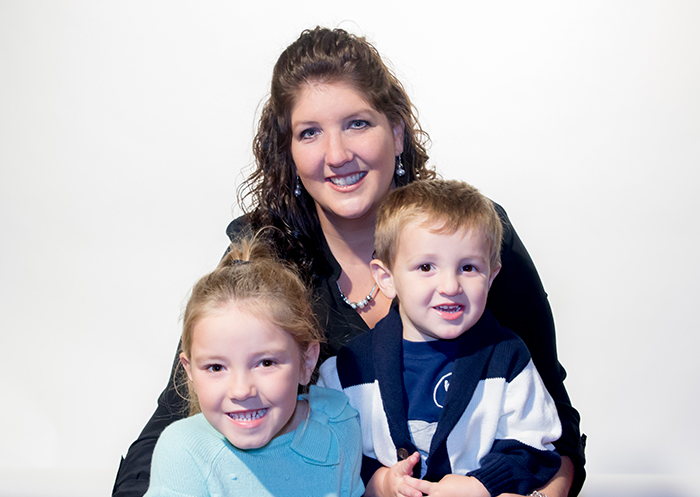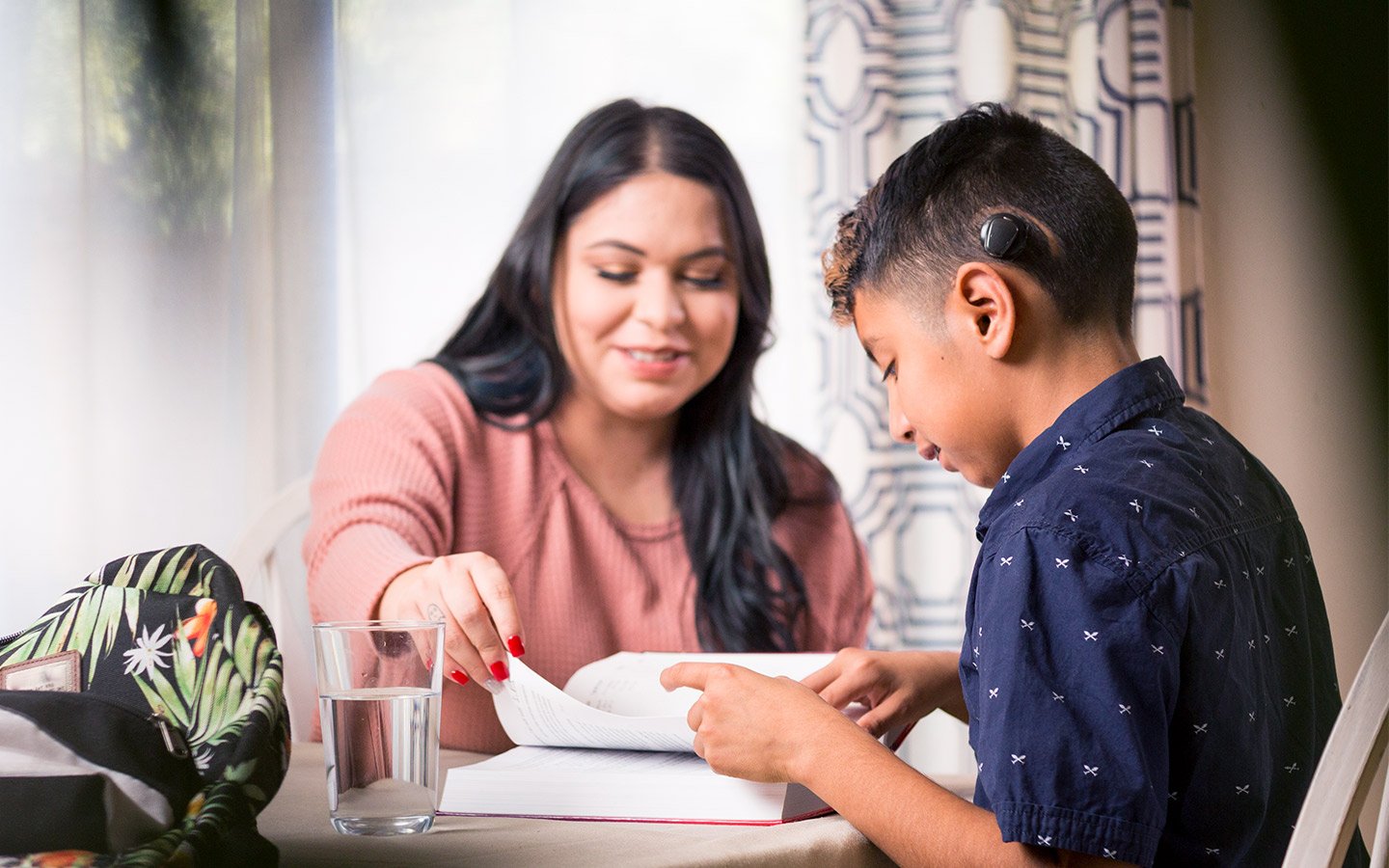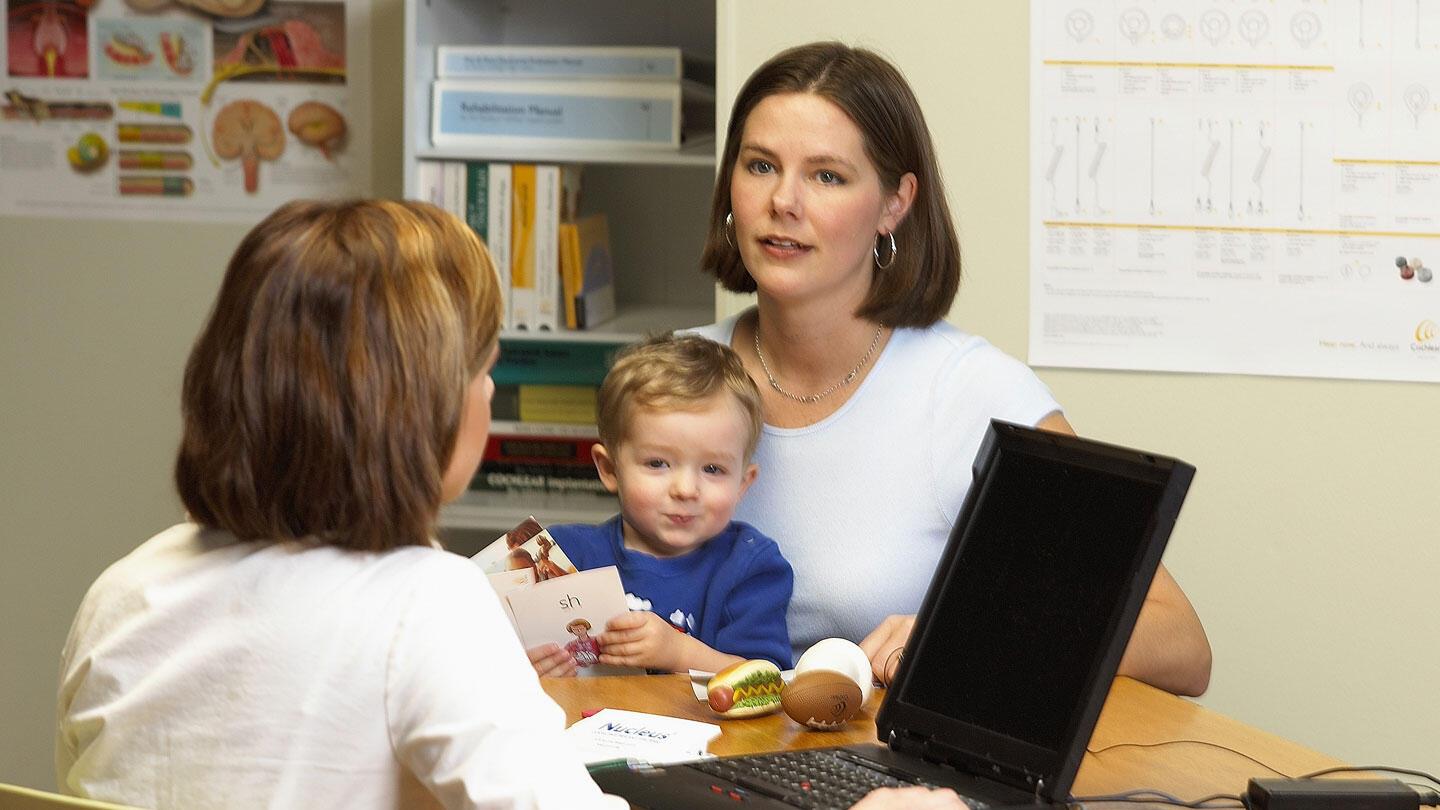Bone conduction solution surgery
Find out about implantable bone conduction solution surgery, including what happens and what to expect before and after your procedure.

What you'll find on this page
- Find out how implantable bone conduction solution surgeries are performed
- Hear from others who have had the same experience
- Learn about the recovery process
What happens during bone conduction implant surgery?
Cochlear has two types of bone conduction systems – the Osia® System and the Baha® System. The surgeries for each of these systems are routine operations.
Unlike reconstructive middle ear surgeries that risk damaging your existing natural hearing1, implantation does not involve the middle ear space and minimizes this risk. The surgery takes place under local or general anesthesia.
If you're getting an Osia System, your surgeon will place the BI300 Implant behind your ear with the Osia OSI300 Implant attached to it. It will fuse to the bone over time through a natural process called osseointegration.
If you're getting the Baha System, your surgeon will place the small BI300 Implant behind your ear, where it will fuse to the bone over time.
After surgery, medical staff will apply a protective dressing to your implant area.
How long does a bone conduction implant operation take?
Most people are back to their normal activities within a few days. You or your loved one may want to take time off from work or activities for up to a week following the surgery to allow yourself time to adapt and the incision site to heal.
Your surgeon will make specific recommendations regarding postoperative care, and will require you to schedule a follow-up appointment typically 1-2 weeks post-surgery to check on the incision and progress.
Your doctor will let you know when the implant can be fitted with a sound processor, which may be up to 12 weeks after surgery.
“Every parent fears when their child is going into surgery, but the doctors reassured us it was an outpatient procedure.”
- Parents of Isabella W. - Baha® recipient
Your guide to preparing for surgery
Download this guide to get information on preparing for surgery, what to expect the day of surgery and the days leading up to your first fitting.
Your guide to preparing for surgery
540KB | PDF
Disclaimer
Please seek advice from your health professional about treatments for hearing loss. Outcomes may vary, and your health professional will advise you about the factors which could affect your outcome. Always read the instructions for use. Not all products are available in all countries. Please contact your local Cochlear representative for product information.
Views expressed are those of the individual. Consult your health professional to determine if you are a candidate for Cochlear technology.
For a full list of Cochlear’s trademarks, please visit our Terms of Use page.
In the United States and Canada, the placement of a bone anchored implant is contraindicated in children below the age of five. In the United States and Canada, the Osia System is cleared for children ages five and older.
References
- Al Anazy FH, Alobaid FA, Alshiha WS. Sensorineural hearing loss following tympanoplasty surgery: A prospective cohort study . Egypt J Otolaryngol 2016;32:93-7








